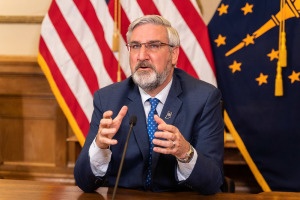Commerce investigation imperils solar industry, advocates say
Clean energy leaders said the investigation—which could result in retroactive tariffs of up to 240%—would severely hinder the U.S. solar industry, leading to thousands of layoffs and imperiling up to 80% of planned solar projects in the United States.







